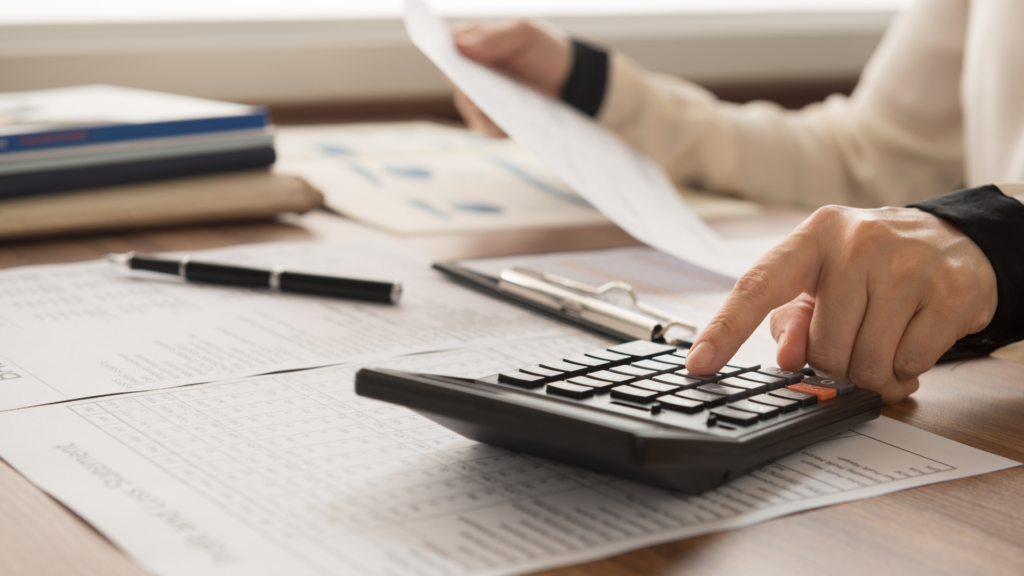
Have you ever considered investing in commercial property but felt unsure about the costs involved? While the price of the property itself is the most obvious expense, there are several other fees and charges to be aware of before making a purchase. Knowing these typical costs can help you better prepare and avoid surprises down the road. Here’s a breakdown of the key expenses you’re likely to encounter when buying commercial property.
1. Purchase Price
The most significant cost is, of course, the price of the property. Depending on the location, size, and type of property, this figure can vary significantly. Conducting thorough research on the market to assess current prices and future growth potential is crucial. It’s also helpful to consider whether a property’s asking price reflects its true value, or if negotiation might be possible.
2. Stamp Duty
Stamp duty is a tax imposed by state governments on the purchase of real estate. The amount varies depending on the property’s value and its location. In Queensland, for example, stamp duty on commercial properties can be a considerable cost, so it’s important to factor this in when budgeting. Stamp duty calculators are available online to give you a clearer estimate based on the property’s purchase price. Check out more details on stamp duty rates on the Queensland Government website.
3. Legal Fees
Legal representation is essential for a smooth transaction. A solicitor or conveyancer will handle the legal aspects of the property transfer, ensuring that the contract is fair and that no legal issues arise after settlement. Legal fees can range widely depending on the complexity of the deal but are typically around 0.5% to 1.5% of the property’s purchase price.
4. Due Diligence Costs
Before purchasing a commercial property, it’s critical to perform thorough due diligence. This process involves checking zoning laws, environmental assessments, building inspections, and financial audits. These assessments ensure the property meets legal and structural standards. Depending on the scope of the inspections, costs can vary, but it’s an essential step to avoid unexpected issues post-purchase.
5. Loan Application and Interest Costs
Unless buying the property outright, most investors will need to finance the purchase through a commercial property loan. The application process may incur fees, including loan application and valuation fees. Interest rates on commercial loans are typically higher than residential mortgages, and it’s important to consider the long-term cost of servicing the loan.
6. GST (Goods and Services Tax)
In Australia, the purchase of commercial property is usually subject to GST. This tax is currently set at 10% of the property’s value. However, in some instances, such as when the property is being sold as a “going concern,” GST may not be applicable. Consulting with a tax advisor will help you clarify if and when this tax applies to your transaction.
7. Ongoing Operating Costs
Once the property is acquired, there are ongoing costs to consider. These include:
- Council Rates: Regular payments made to the local council for services such as waste collection and infrastructure maintenance.
- Insurance: A commercial property owner will need various types of insurance, including building insurance and public liability insurance, which protect against damage and legal liability.
- Repairs and Maintenance: Ensuring the property remains in good condition will require routine maintenance and repair work.
8. Property Management Fees
If you plan to lease the commercial property, you may need a property manager to handle tenant relations, collect rent, and maintain the property. Property management fees generally range from 5% to 10% of the rental income, depending on the services provided.
9. Capital Gains Tax (CGT)
When selling your commercial property, you may need to pay Capital Gains Tax (CGT) on the profit made. CGT is calculated based on the increase in the property’s value from the time of purchase to the time of sale, minus allowable expenses. The timing and tax rate can vary, so seeking professional advice will help you navigate this effectively.
Conclusion
Understanding the typical costs associated with buying commercial property helps investors plan and budget effectively. While the upfront expenses can be substantial, careful planning and due diligence can ensure that your investment yields strong returns over time. Whether you’re a first-time commercial property buyer or an experienced investor, being aware of these costs will put you in a better position to make informed decisions.
For tailored advice on your next commercial property investment, feel free to reach out to our team at Quantum Buyers Agents. We’re here to guide you through the process, ensuring a smooth and successful transaction.








